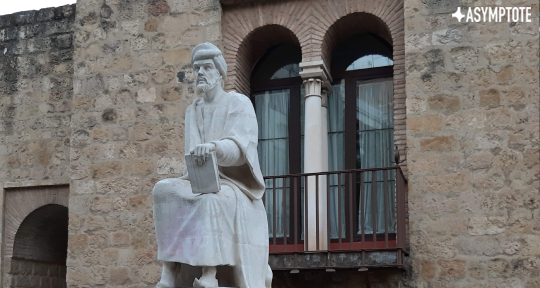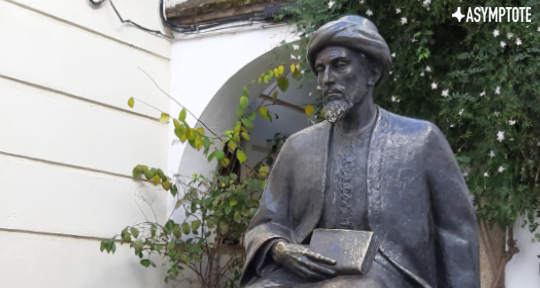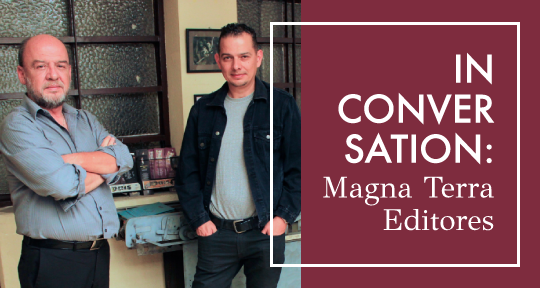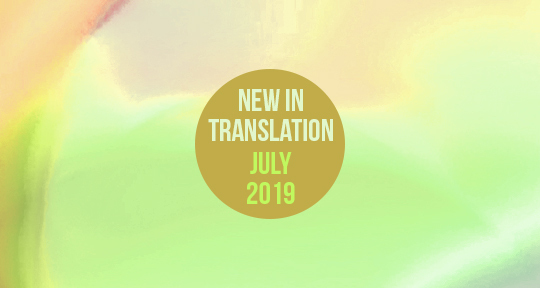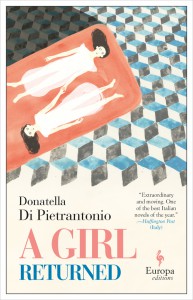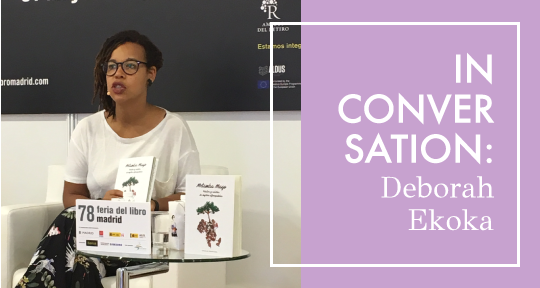In the second part of this previous post, Brother Anthony of Taizé continues to celebrate the forgotten thinkers of the early Arab world. Although Renaissance Europe turned its back on Arabic writing, two of Spain’s greatest thinkers, Averroes and Maimonides, had produced invaluable commentaries and philosophies based on the works of Aristotle, whilst Toledo became a literary epicenter for re-translations from Arabic into Latin and Spanish. Read on to find out more.
The golden age of Córdoba did not last long. In 997, the military leader Almanzor captured Santiago and soon became the effective ruler of southern Spain. He ordered the destruction of books related to philosophy and astronomy, which he considered contrary to Islam, leaving only those about medicine and mathematics. After his death in 1002, bands of marauding North African Berbers sacked Córdoba, sparking an exodus of Jews, in particular, to other cities. Later in the century, in 1085, the Christian kingdom of Castile captured the great city of Toledo. The Muslim leaders were forced to turn to the Almoravid dynasty in North Africa for help, likewise composed of fierce Berber warriors. In 1089, the Almoravids took complete control of Islamic Spain. Less than a century later, they were replaced by an even fiercer and more fanatical North African dynasty, the Almohads, who were especially intolerant of Jews and Christians. READ MORE…

